Psyllum, or ispaghuna, is the more popular name given to several species of the plant family Plantago whose pods are commonly used in the manufacture of psyllium husk.
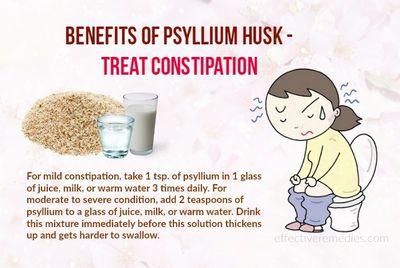
Psyllum is primarily used as a food supplement for constipation and diarrhea, and also occasionally as an alternative medicine. But what is this superfood really about?
Psyllium husk is composed of many small, fibrous fibers that make up its husk. These fibers are water-soluble, meaning they easily pass through the digestive tract. Psyllum absorbs water and other substances from the intestine to help break down proteins and carbohydrates, which are the foods that cause diarrhea. It can also be used in conjunction with other supplements to treat other intestinal conditions such as irritable bowel syndrome and celiac disease.
Psyllium husk is a complete protein by itself.
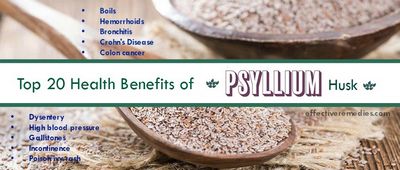
While it is rich in dietary fibers, it is also rich in dietary magnesium and vitamin B6, which are helpful to people who suffer from an imbalance of these vitamins and minerals. For example, magnesium may help prevent muscle cramps, nausea, and headaches. And vitamin B6 can help to balance blood sugar levels and improve heart health. In fact, studies have shown that taking a daily dose of psyllium husk can actually reverse many common diseases and conditions, including irritable bowel syndrome.
The most common forms of psyllium are dry and liquid forms. Liquid forms are more readily absorbed by the intestines, so they are commonly taken in capsule form.
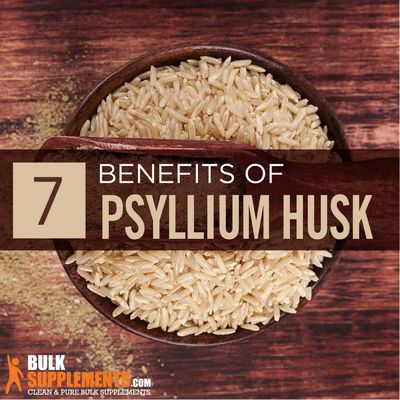
Dry forms are usually taken either as fiber in the form of a powder or as ground husks.
Psyllium husk is not just a diet aid. It is also one of nature’s wonders: It can be used as an ingredient in numerous other foods and in many beauty products. For instance, psyllium husk oil can be used to remove dead skin cells and make skin softer. and smoother.
Psyllium husk is sometimes combined with other natural ingredients to create a special body wraps. and body creams. It is added to many lotions, moisturizers, lip balms, and moisturizing face gels.
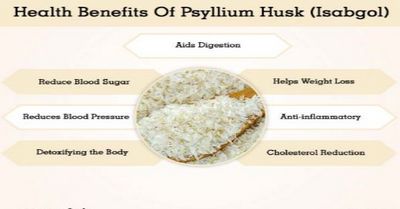
This plant husk can even be used in the treatment of eczema, psoriasis, shingles and other ailments.
Psyllium husk is known for its amazing ability to absorb water. Its gel-like consistency makes it very slippery and it is often used to keep the intestines hydrated. Many people who are constipated find that when they soak their stools in a bowl of psyllium husk they do not have to strain as much to expel stool.
Psyllium husk has been used for centuries in the treatment of many gastrointestinal conditions. It can even be used in conjunction with other herbs to help ease constipation.
Many people who suffer from digestive problems find that when they take some psyllium husk supplements each day that their digestive pain and discomfort decrease significantly. As well as improving the digestion, it also helps to eliminate gas, bloating, and indigestion.
Psyllium husk is also known to ease diarrhea and colic.
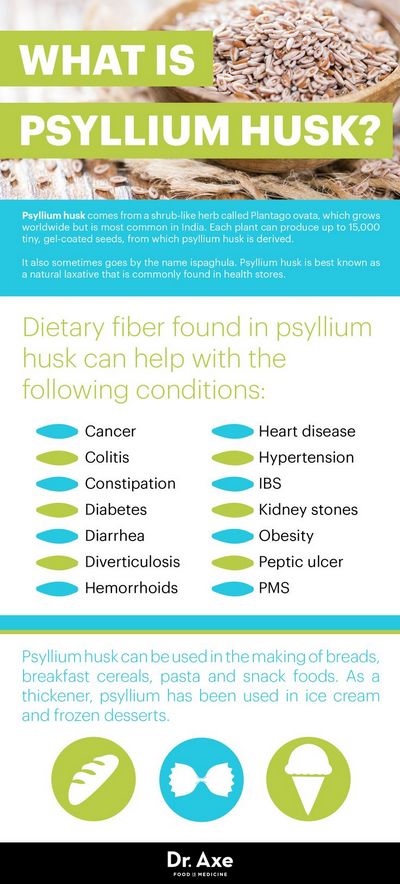
It can even be used to prevent hemorrhoids and ulcers. When combined with aloe vera, it can even be used to treat burns and sunburns.
Psyllium husk is very nutritious and can even have antioxidant properties. It contains chlorophyll that is essential in helping the body absorb iron, zinc, vitamin A, and iron. It also contains calcium and phosphorus, which can aid in strengthening the bones. and teeth.
Another benefit of taking psyllium husk is that it can help prevent osteoporosis, an aging process in which the bones become brittle, worn out, and more susceptible to breaking. Studies show that taking this plant based substance can also reduce the risk of certain cancers and Alzheimer’s disease.